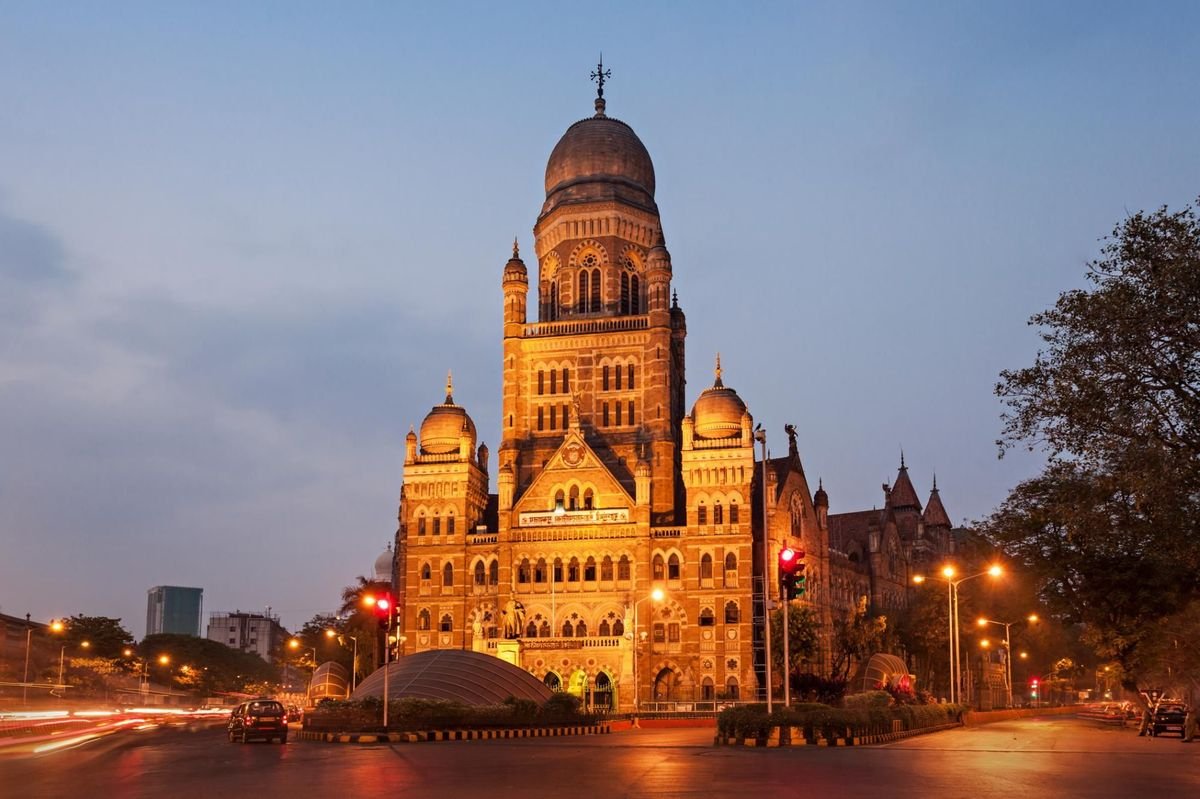BMC Allocates Major Funds for Infrastructure, but Transparency Concerns Persist Amid Absence of Elected Body
The Brihanmumbai Municipal Corporation (BMC) has allocated substantial funds for critical infrastructure projects, concerns over transparency continue to haunt the corporation. With a budget of Rs 59,955 crore for 2024-25, BMC has earmarked a significant Rs 31,775 crore for capital expenditure. While much of this allocation is directed towards key urban development works—such as sewage treatment plants, bridges, water tunnels, and road projects—there are growing apprehensions regarding the lack of oversight and transparency in the execution of these projects.
As of December 2024, BMC had utilised 52% of its capital expenditure budget, with projections indicating that this figure will surpass the previous year’s total spending of 73%. A substantial portion of these funds has gone towards road and bridge development, with notable works on the coastal road, the Goregaon-Mulund Link Road (GMLR), and several bridges like the Carnac, Gokhale, and Vikhroli Road Over Bridges. These high-profile projects are undeniably essential to Mumbai’s infrastructure, yet questions remain about how effectively and transparently the money is being spent. A key issue revolves around the lack of an elected body within BMC since 2022, with the corporation currently under an administrator’s rule. Former BJP corporator from Colaba, Makrand Narwekar, raised concerns that the absence of an elected body has led to a lack of transparency in how projects are being sanctioned, tendered, and executed. Without an elected representative body to hold the administration accountable, there is a fear that the process has become opaque, making it difficult for citizens and watchdogs to track the actual utilisation of funds.
Ravi Raja, a former BMC corporator with over two decades of experience, expressed similar reservations, suggesting that the expenditure seen so far may primarily reflect bills cleared for works undertaken in previous years. Raja further pointed out that, had an elected body been in place, questionable spending could have been challenged, and some of these payments may have been scrutinised more carefully.
These concerns are exacerbated by the continuing absence of a transparent mechanism for monitoring and reporting expenditure. Samajwadi Party MLA Rais Shaikh went so far as to accuse BMC of engaging in financial mismanagement, claiming that unplanned expenditures are being made without adequate supervision. He raised alarms that contractors appear to be benefitting from the lack of oversight, with some fearing that BMC may be running low on funds, leading to a rush to settle outstanding bills. Shaikh called on the BMC to present a “white paper” on its financial health to shed light on its spending and ensure public accountability.
Despite these concerns, BMC’s continued commitment to upgrading Mumbai’s infrastructure cannot be dismissed. Projects like the extension of the coastal road from Versova to Bhayander, which is expected to cost Rs 20,000 crore, remain essential for Mumbai’s growing needs. These projects are designed to address long-standing issues like congestion and environmental concerns, offering solutions that could significantly improve the city’s livability in the long term. However, as BMC moves forward with these high-cost projects, it is clear that the governance system must evolve to address the transparency concerns that have become a significant roadblock to public trust. With no elected body in place, there is little oversight or scrutiny of the massive funds being allocated, leading to fears of potential mismanagement.
For the citizens of Mumbai, the importance of infrastructure development is indisputable. Yet, alongside this, there is an increasing demand for accountability, especially when it comes to spending taxpayers’ money. As the BMC continues to push forward with its ambitious projects, it is imperative that it addresses the lack of transparency and introduces more robust checks and balances to ensure that funds are used effectively and responsibly. While the capital expenditure allocated to BMC’s infrastructure projects represents a positive step towards improving Mumbai’s urban landscape, the ongoing concerns over the lack of transparency in the execution of these projects cannot be ignored. As long as these issues remain unresolved, the legitimacy of BMC’s spending will remain in question, leaving citizens with a sense of uncertainty regarding the future of their city’s development.


